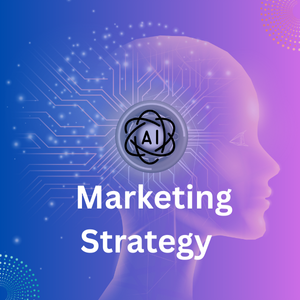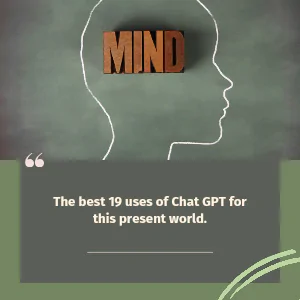1. Generation: It can help generate text for essays, articles, reports, or creative writing.
2. Language Translation: ChatGPT can translate text from one language to another.
3. Coding Assistance: Developers can use it to get help with programming, debugging, or writing code snippets.
4. Learning and Tutoring: It can act as a virtual tutor or provide explanations for academic subjects.
5. Brainstorming Ideas: ChatGPT can assist in generating ideas for projects, marketing campaigns, or creative endeavors.
6. Customer Support: Some businesses use ChatGPT for handling customer queries and support requests.
7. Text Summarization: It can summarize lengthy texts or articles into concise versions.
8. Personal Assistant: Users can interact with ChatGPT to set reminders, create to-do lists, or manage their schedules.
9. Entertainment: ChatGPT can engage in fun and creative conversations, tell jokes, or generate stories.
10. Medical Assistance: In some cases, it can provide general health information or explanations about medical topics.
11. Language Learning: It can help users practice foreign languages through conversation.
12. Legal and Financial Advice: ChatGPT can provide basic information on legal or financial matters.
13. Ethical Discussions: It can engage in discussions on various ethical and philosophical topics.
14. Emotional Support: While not a substitute for professional help, it can provide a listening ear and basic emotional support.
15. Writing Enhancement: It can proofread and suggest improvements for written content.
16. Gameplay Assistance: Some gamers use ChatGPT for tips, strategies, and information about video games.
17. Market Research: Businesses can use ChatGPT to gather information or insights about market trends.
18. Conversational AI: It’s used as a component in chatbots and virtual assistants for businesses.
19. Prototyping: ChatGPT can help in the early stages of designing conversational interfaces.










